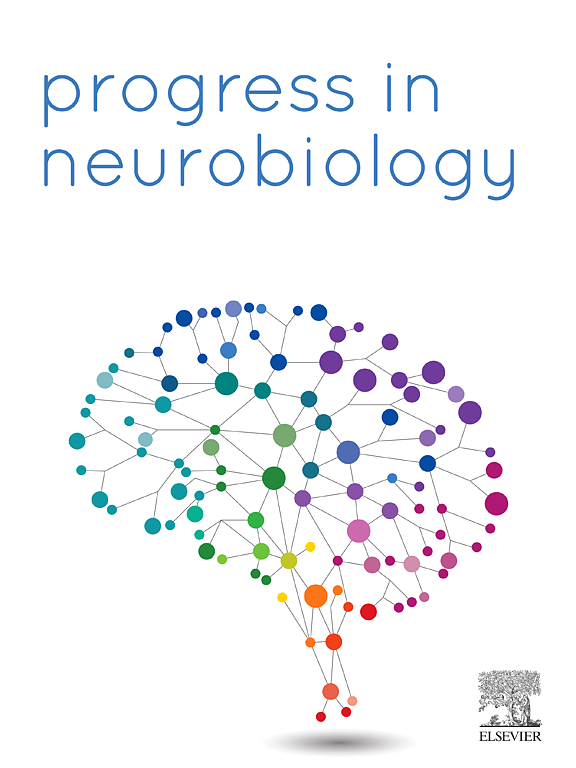FKBP5 deficiency selectively impairs NMDAR-dependent long-term depression via enhanced calcineurin activity: Implications for stress resilience
IF 6.1
2区 医学
Q1 NEUROSCIENCES
引用次数: 0
Abstract
The co-chaperone FK506 binding protein 51 (FKBP5) is known to negatively regulate glucocorticoid receptors (GRs), and its genetic polymorphisms have been implicated in stress resilience in clinical studies. FKBP5-deficient animals are known to exhibit stress resilience, but minimal alterations in synaptic transmission were observed in the hippocampus. Given the crucial role of the hippocampus in GR regulation, we investigated the function of FKBP5 in the bidirectional synaptic plasticity in the hippocampus of male mice and found intact long-term potentiation (LTP) induction even in the absence of FKBP5. Furthermore, GR activation by corticosterone incubation blocked the LTP induction in controls but not in FKBP5 knockout (KO) mice. Interestingly, low-frequency stimulation (LFS) -induced long-term depression (LTD) was selectively impaired in male KO mice. Importantly, impaired LTD in KO mice was mediated by increased calcineurin expression, highlighting the importance of FKBP5 in regulating synaptic plasticity through its interaction with GR and calcineurin. Further research on the FKBP5-related signaling pathways may provide insights into the molecular mechanisms underlying stress resilience and potential therapeutic targets for psychiatric disorders associated with stress dysregulation.
FKBP5缺乏通过增强钙调磷酸酶活性选择性地损害nmda依赖的长期抑郁:对应激恢复能力的影响
已知共伴侣蛋白FK506结合蛋白51 (FKBP5)负调控糖皮质激素受体(gr),其遗传多态性在临床研究中与应激恢复有关。已知缺乏fkbp5的动物表现出应激恢复能力,但在海马中观察到突触传递的微小变化。考虑到海马在GR调节中的重要作用,我们研究了FKBP5在雄性小鼠海马双向突触可塑性中的功能,发现即使在没有FKBP5的情况下,长期增强(LTP)诱导也完好无损。此外,皮质酮培养的GR激活在对照组中阻断了LTP的诱导,但在FKBP5敲除(KO)小鼠中没有。有趣的是,低频刺激(LFS)诱导的长期抑郁(LTD)在雄性KO小鼠中选择性受损。重要的是,KO小鼠的LTD受损是由钙调神经磷酸酶表达增加介导的,这突出了FKBP5通过与GR和钙调神经磷酸酶的相互作用来调节突触可塑性的重要性。对fkbp5相关信号通路的进一步研究可能为应激恢复的分子机制和与应激失调相关的精神疾病的潜在治疗靶点提供新的见解。
本文章由计算机程序翻译,如有差异,请以英文原文为准。
求助全文
约1分钟内获得全文
求助全文
来源期刊

Progress in Neurobiology
医学-神经科学
CiteScore
12.80
自引率
1.50%
发文量
107
审稿时长
33 days
期刊介绍:
Progress in Neurobiology is an international journal that publishes groundbreaking original research, comprehensive review articles and opinion pieces written by leading researchers. The journal welcomes contributions from the broad field of neuroscience that apply neurophysiological, biochemical, pharmacological, molecular biological, anatomical, computational and behavioral analyses to problems of molecular, cellular, developmental, systems, and clinical neuroscience.
 求助内容:
求助内容: 应助结果提醒方式:
应助结果提醒方式:


